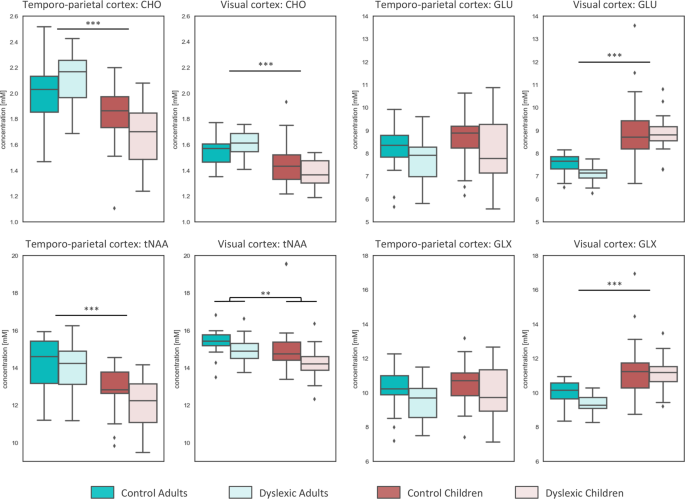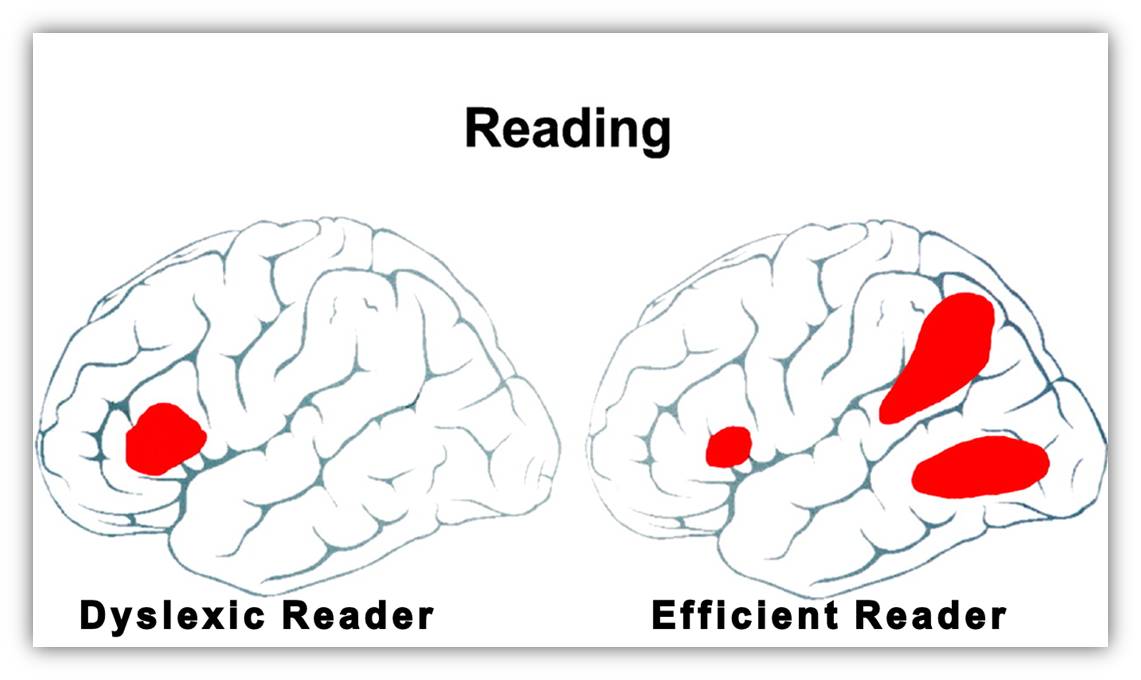Dyslexia isnt related to a persons general level of intelligence. Before children enter school they.
On The Reality Of Dyslexia Daniel Willingham Science Education
Signs of dyslexia can be difficult to recognize before your child enters school but some early clues may indicate a problem.
Does dyslexia get worse with age. Children and adults of all intellectual abilities can be affected by dyslexia. Problems learning the names and sounds of letters spelling thats unpredictable and inconsistent. Symptoms of dyslexia usually become more obvious when children start school and begin to focus more on learning how to read and write.
The image on the left shows the trajectory of reading skills over time in good and poor readers. First there are different kinds of dyslexia. If you dont use it you lose it.
Does dyslexia ever go away. Dyspraxia affects some people more severely than others and symptoms do change with age. One must be sure not to turn a physical problem into a mental problem where stigma can increase and the dyslexic voices and awareness goes down.
Basically barring a brain disease or injury one is born with dyslexiaIt begins to show when one is required to readIt may worsen as one ages not because the problem is worse mechanically but the reading requirements intensify overwhelming your capabilities which are a problem due to the dyslexia. A correlated finding about dyslexia in older adults was found by Professor Levinson at the Levinson Medical Center for Learning Disabilities in New York. Careful neuropsychological testing revealed that most all dyslexic children become dyslexic adults and the reverse.
Since we get better working memory and build coping mechanisms both conscious and subconscious. The exact cause of dyslexia is unknown but it often appears to run in families. Just as any other physiologic trait the dyslexic cognitive and neural phenotype is likely to influence the aging process.
Children who dont say their first words until 15 months of age or their first phrases until 2 years of age have a higher risk of developing dyslexia. At UCSF we not only focus on children but also on the adult and aging with dyslexia in a program that is tightly linked to the Memory and Aging Centers extensive experience in evaluating healthy aging adults. These characteristics are often inconsistent and may vary depending upon the day or situation.
Toddlers may be unable to ride a trike or catch a ball. However if you are always striving to improve yourself and to become a better you working on your weaknesses not only will dyslexia get easier to manage you will also age slower. Dyslexia does not go away over time.
People with dyslexia find it difficult to recognise the different sounds that make up words and relate these to letters. They may be slow to roll over sit up and walk. According to the National Institutes of Mental Health GAD is diagnosed when a person worries excessively about a variety of everyday problems for at least 6 months.
Babies may have difficulty feeding and seem irritable or restless. It is not a developmental lag the student will outgrow. Symptoms of dyslexia in children aged 5 to 12 include.
Our motor functioning and co-ordination gradually become less reliable. So if as an adult you do not read for example then dyslexia can appear to get worse. Most adult dyslexics will exhibit at least 10 of the following traits and behaviors.
Employed in jobposition that will hide difficulties or not require dealing with problematic areas. Dyslexia symptoms change at different ages and stages of life. Some children with dyslexia are not diagnosed until they reach adulthood while some diagnosed adults find that their symptoms change as they.
Generalized anxiety disorders affect about 31 American adults age 18 years and older about 18 in a given year causing them to be filled with fearfulness and uncertainty. And yes it can get worse over years. He found that ageing also makes us physically more clumsy.
However stress can cause the coping mechanisms to fail and many experience the negative effects much more heavily during stressful times. Severity varies but the condition often. Stress is not involved in some kinds of dyslexia.
Below learn how the condition presents at different stages of life. Each child with dyslexia has unique strengths and faces distinct challenges. This difficulty is also known to affect a number of dyslexic people of all ages to a greater or lesser extent.
Aging appears to diminish cerebral andor interrelated cerebellar functioning thus explaining both dyslexic and klutzy intensification or creation. The choice is yours to make. Normally dyslexia becomes a reduced problem as we age.
The symptoms of dyslexia change with age. Once your child reaches school age your childs teacher may be the first to notice a problem. The vertical axis on the left is the reading achievement score from the Woodcock-Johnson reading test and the horizontal.
 Pdf The Dyslexia Experience Difference Disclosure Labelling Discrimination And Stigma
Pdf The Dyslexia Experience Difference Disclosure Labelling Discrimination And Stigma
6 Surprising Bad Practices That Hurt Dyslexic Users
About Dyslexia Does Dyslexia Ever Go Away
 What Is Dyslexia What Are The Symptoms And Signs Edublox Online Tutor Development Reading Writing And Math Solutions
What Is Dyslexia What Are The Symptoms And Signs Edublox Online Tutor Development Reading Writing And Math Solutions
 Dyslexia And Age Related Effects In The Neurometabolites Concentration In The Visual And Temporo Parietal Cortex Scientific Reports
Dyslexia And Age Related Effects In The Neurometabolites Concentration In The Visual And Temporo Parietal Cortex Scientific Reports
 Does Dyslexia Get Worse As You Age Language Therapy Speech And Language Learning Disorder
Does Dyslexia Get Worse As You Age Language Therapy Speech And Language Learning Disorder
 The Causes Of Dyslexia What The Latest Science Reveals
The Causes Of Dyslexia What The Latest Science Reveals
 Common Characteristics Of Adult Dyslexia Dyslexia The Gift
Common Characteristics Of Adult Dyslexia Dyslexia The Gift
 Common Characteristics Of Adult Dyslexia Dyslexia The Gift
Common Characteristics Of Adult Dyslexia Dyslexia The Gift
 Pdf Dyslexia And Age Related Effects In The Neurometabolites Concentration In The Visual And Temporo Parietal Cortex
Pdf Dyslexia And Age Related Effects In The Neurometabolites Concentration In The Visual And Temporo Parietal Cortex
 What Is Dyslexia What Are The Symptoms And Signs Edublox Online Tutor Development Reading Writing And Math Solutions
What Is Dyslexia What Are The Symptoms And Signs Edublox Online Tutor Development Reading Writing And Math Solutions
 50 Interesting Facts About Dyslexia Reading Horizons At Home
50 Interesting Facts About Dyslexia Reading Horizons At Home
Important New Study Reveals Aging Makes Us Dyslexic

No comments:
Post a Comment
Note: Only a member of this blog may post a comment.